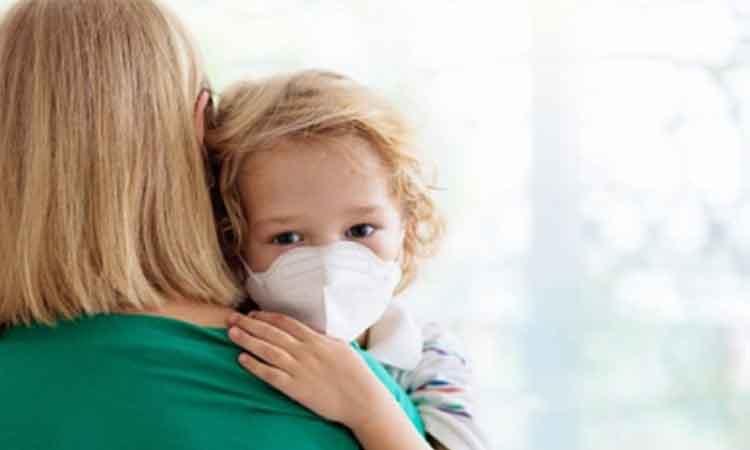Researchers in Australia have discovered the blood clotting and immune protein pathways that are activated in severe cases of Covid-19 in children, paving the way for earlier diagnosis and more targeted treatments.
The team at the Murdoch Children's Research Institute (MCRI) and the University of Melbourne identified disease mechanisms in children with Covid who present with multisystem inflammatory syndrome, where different body parts can become inflamed including the heart, lungs, and brain and acute respiratory distress syndrome, a type of lung disease.
The findings, published in the journal Nature Communications, showed the main triggers for severe Covid in children were blood clotting and how proteins in the immune system reacted to the virus.
"Children are in general less susceptible to Covid-19 and present with milder symptoms, but it remained unclear what caused some to develop very severe disease," said Conor McCafferty, a researcher and doctoral student at the MCRI.
Also read | Akshaya Tritiya 2022 : Significance, rituals and how we celebrate it
For the study, blood samples from 20 healthy children and samples from 33 SARS-CoV-2 infected children with multisystem inflammatory syndrome or acute respiratory distress syndrome were collected.
The team found 85 and 52 proteins were specific to multisystem inflammatory syndrome and acute respiratory distress syndrome, respectively. Both syndromes are major potential outcomes of severe Covid.
Data shows 1.7 per cent of reported paediatric hospitalised cases of Covid included admission to the Intensive Care Unit.
Children with Covid who present with multisystem inflammatory syndrome also show similar clinical features to Kawasaki disease and toxic shock syndrome such as fever, abdominal pain, vomiting, skin rash and conjunctivitis, making it difficult to quickly diagnose patients.
MCRI Professor Vera Ignjatovic said the results provided an understanding of the processes that underlie severe Covid-19 in children, which would help in the development of diagnostic tests for early identification of children at risk, as well as therapeutic targets to improve the outcomes for those with severe cases.
"Knowing the mechanisms associated with severe Covid-19 in children and how the blood clotting and immune systems in children react to the virus will help diagnose and detect acute Covid-19 cases and allow us to develop targeted treatment," she said.


















